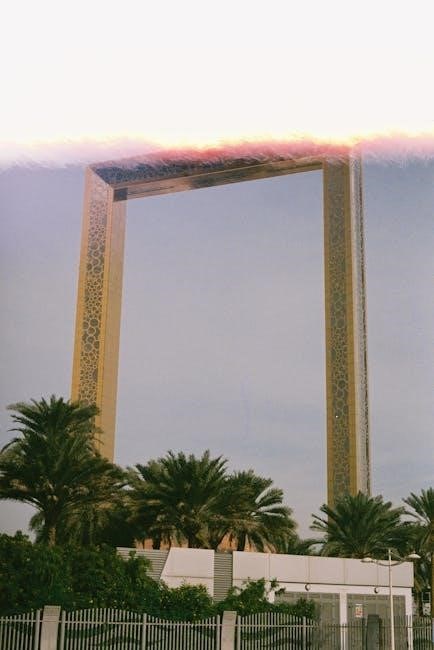The Dubai Leaks PDF reveals a massive data leak exposing property ownership in Dubai‚ uncovering investments by global elites‚ criminals‚ and politicians․ It highlights the city’s real estate as a hub for wealth concealment․
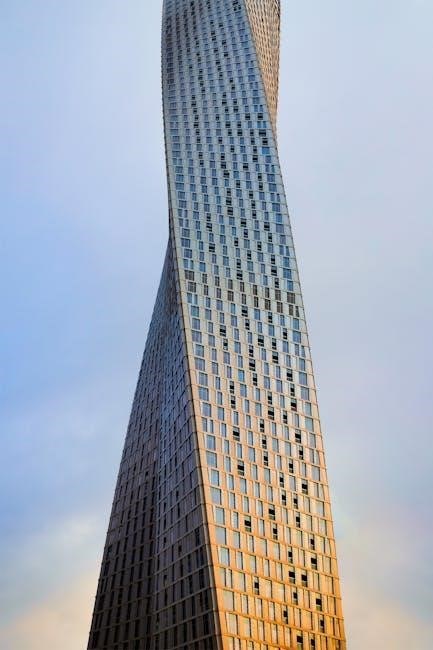
Overview of the Data Leak
The Dubai Leaks PDF has uncovered a substantial data breach‚ revealing extensive details about property ownership in Dubai․ This leak has exposed information on hundreds of thousands of properties‚ shedding light on the diverse ownership landscape․ The data‚ originally from 2020 and revealed in 2022‚ has significant implications for global financial transparency․ It highlights how Dubai’s real estate market has become a focal point for various individuals and entities seeking to invest or conceal wealth․ The leak underscores the challenges in tracking financial flows and the potential vulnerabilities in anti-money laundering efforts․ By disclosing these details‚ the Dubai Leaks PDF has sparked discussions about the role of Dubai’s property sector in the global economy and its attractiveness to a wide range of investors․ This overview sets the stage for understanding the broader impact of the leak on financial regulation and international perceptions of Dubai’s real estate market․

Key Findings from the Dubai Leaks
The Dubai Leaks PDF exposed significant property investments by Russian politicians post-2022‚ substantial ownership by Indian and Pakistani nationals‚ and involvement of criminals and sanctioned individuals in Dubai’s real estate market․
Russian Investments Post-2022 Invasion
The Dubai Leaks PDF revealed a significant surge in Russian investments in Dubai’s real estate following the 2022 Ukraine invasion․ Russian nationals and entities acquired properties worth billions‚ with total investments exceeding $6․3 billion․ This trend suggests an attempt to circumvent international sanctions imposed on Russia․ The leaked data highlights how Dubai’s real estate market became a haven for Russian wealth‚ raising concerns about money laundering and sanctions evasion․ The findings underscore the city’s role as a global financial hub‚ where individuals and entities can discreetly invest large sums․ The collaborative journalism project‚ Dubai Uncovered‚ exposed these transactions‚ shedding light on the opaque nature of Dubai’s property market and its appeal to high-risk investors․
Indian and Pakistani Ownership in Dubai
The Dubai Leaks PDF has revealed significant property ownership by Indian and Pakistani nationals in Dubai․ Indians top the list of foreign property owners‚ with over 35‚000 properties and 29‚700 owners identified in the leaked data․ This highlights Dubai’s appeal as a preferred investment destination for Indian investors․ Similarly‚ Pakistani nationals also hold a substantial number of properties‚ reflecting strong economic ties between Pakistan and the UAE․ Notable individuals‚ such as Mukesh Ambani‚ chairman of Reliance Industries‚ have been identified as prominent property owners․ The data suggests that Dubai’s real estate market serves as a key platform for wealth investment and management by high-net-worth individuals from both countries․ These findings underscore the global nature of property ownership in Dubai and the city’s role as a hub for international investment and financial activity․
Criminals and Sanctioned Politicians’ Involvement

The Dubai Leaks PDF has exposed the involvement of criminals and sanctioned politicians in Dubai’s real estate market․ The leaked data reveals how individuals with questionable backgrounds have invested heavily in properties across the city․ Sanctioned politicians and those linked to illegal activities have used Dubai’s real estate as a means to launder money and conceal their wealth․ For instance‚ Russian politicians‚ facing international sanctions post-2022‚ have been identified as significant investors in Dubai’s property market․ Additionally‚ the leak has uncovered cases where individuals with criminal records have purchased high-value properties‚ raising concerns about the city’s role in facilitating illicit financial flows․ These findings highlight the vulnerabilities in Dubai’s real estate sector‚ which has long been criticized for its lack of transparency and regulatory oversight․ The exposure of such activities has significant implications for global anti-money laundering efforts and calls for greater accountability in international financial systems․

The Collaborative Journalism Project: Dubai Uncovered
Dubai Uncovered is a groundbreaking collaborative journalism project that has shed light on the controversial property dealings in Dubai․ This initiative‚ part of the broader Dubai Leaks PDF revelations‚ involves investigative journalists and researchers from around the world․ The project has uncovered how criminals‚ sanctioned politicians‚ and high-profile individuals have utilized Dubai’s real estate market to hide their wealth․ By analyzing leaked property records‚ the project has exposed a web of financial transactions that raise serious questions about money laundering and regulatory oversight․ The findings have sparked global attention‚ revealing how Dubai’s luxury properties have become a haven for illicit funds․ This collaborative effort highlights the power of investigative journalism in holding the powerful accountable and has set a precedent for future transparency initiatives․
Impact on Anti-Money Laundering Efforts
The Dubai Leaks PDF has significantly impacted global anti-money laundering (AML) efforts‚ exposing vulnerabilities in Dubai’s real estate sector․ The leaked data revealed how individuals‚ including sanctioned politicians and criminals‚ exploited the city’s property market to launder illicit funds․ This has highlighted a “black hole” in international AML frameworks‚ as Dubai’s luxury properties became a conduit for hiding wealth․ The revelations have prompted regulatory bodies and governments worldwide to scrutinize transactions involving Dubai real estate more closely․ Authorities‚ such as Pakistan’s Federal Board of Revenue (FBR)‚ have launched investigations into individuals exposed by the leaks․ The findings underscore the need for stricter regulations and better international cooperation to combat financial crimes․ The Dubai Leaks have become a catalyst for reform‚ pushing for greater transparency in property dealings and stricter enforcement of AML laws globally․
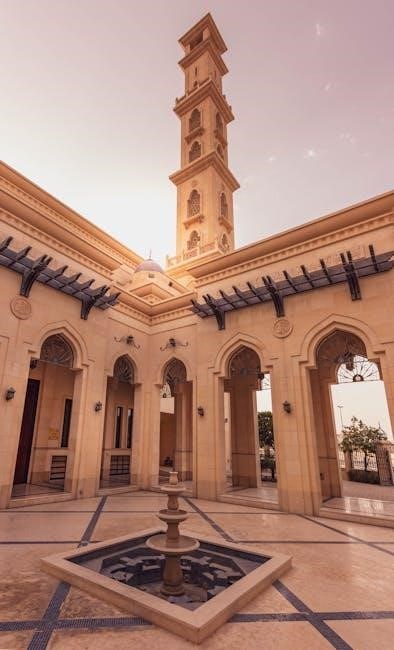
Notable Individuals and Entities Exposed
The Dubai Leaks PDF has exposed several high-profile individuals and entities involved in questionable property dealings․ Prominent figures such as Mukesh Ambani‚ chairman of Reliance Industries‚ and M A Yusuff Ali‚ chairman of Lulu Group‚ were found to own significant properties in Dubai‚ with estimated values reaching hundreds of millions․ Additionally‚ Russian politicians and sanctioned individuals were revealed to have invested heavily in Dubai’s real estate following the 2022 Ukraine invasion․ The leaks also uncovered investments by individuals linked to criminal activities and political corruption‚ who often used shell companies and proxies to conceal their identities․ These findings have raised concerns about the use of Dubai’s property market for money laundering and asset hiding․ Furthermore‚ the exposure has led to investigations by authorities‚ such as Pakistan’s FBR‚ into individuals with substantial property holdings in Dubai․ This highlights the need for greater transparency and stricter enforcement of anti-money laundering regulations globally․
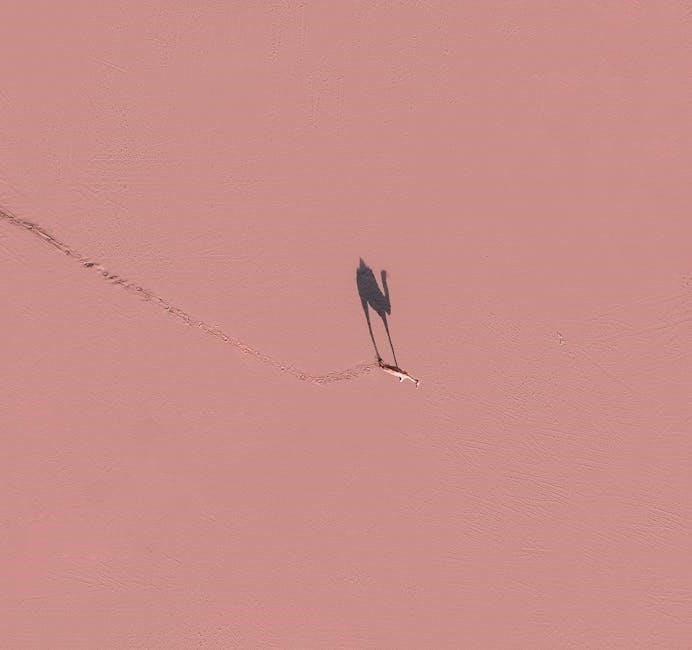
Reactions from UAE Authorities and Global Bodies
The Dubai Leaks PDF has sparked significant reactions from UAE authorities and global bodies․ UAE officials have emphasized the robustness of their financial systems and commitment to combating illicit activities‚ while also highlighting their cooperation with international partners․ Global bodies such as the European Union and the Financial Action Task Force (FATF) have expressed concerns‚ as the leaks revealed gaps in anti-money laundering measures․ The revelations have prompted investigations in multiple countries‚ including Pakistan‚ where the Federal Board of Revenue (FBR) is probing individuals exposed in the leaks․ Additionally‚ international media and investigative organizations‚ such as the Organized Crime and Corruption Reporting Project (OCCRP)‚ have called for greater transparency in Dubai’s real estate sector․ The leaks have also led to heightened scrutiny of foreign property ownership and the potential misuse of Dubai’s real estate market for illegal financial activities․
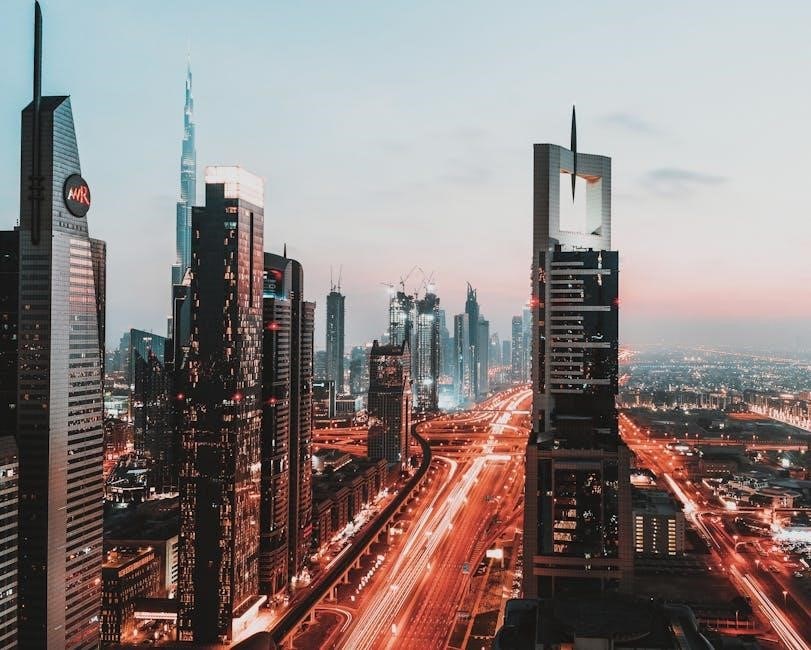
Availability and Access to Dubai Leaks PDF
The Dubai Leaks PDF is widely available for public access‚ enabling individuals and organizations to review the detailed information it contains․ The document can be downloaded from various online platforms‚ including forums and investigative journalism websites․ It has been shared in multiple formats‚ such as PDF and text files‚ to ensure accessibility․ Collaborative journalism projects‚ like “Dubai Uncovered‚” have played a crucial role in distributing the leaked data‚ making it easier for the public to access and analyze․ The availability of the Dubai Leaks PDF has sparked significant interest‚ as it provides insights into property ownership and financial activities in Dubai․ This transparency has allowed researchers‚ journalists‚ and policymakers to scrutinize the data and understand its implications․ The widespread accessibility of the document underscores its importance in shedding light on the financial practices of global elites and other stakeholders involved in Dubai’s real estate market․

Future Implications of the Dubai Leaks
The Dubai Leaks have far-reaching implications for global financial transparency and anti-money laundering efforts․ The revelations are likely to prompt stricter regulatory reforms in Dubai and beyond‚ as authorities seek to address loopholes exploited by elites and criminals․ The exposure of sanctioned individuals and politicians investing in Dubai’s real estate may lead to heightened international scrutiny and collaboration to combat illicit financial flows․ Additionally‚ the leaks could reshape public perception of Dubai as a haven for wealth concealment‚ potentially affecting its reputation as a global financial hub․ Policymakers and organizations may adopt more robust measures to monitor property transactions and enforce compliance with international financial standards․ The fallout could also inspire further investigative journalism‚ fostering a culture of accountability and transparency worldwide․ Ultimately‚ the Dubai Leaks serve as a catalyst for systemic change‚ urging governments and institutions to strengthen oversight and prevent the misuse of real estate for illicit activities․
